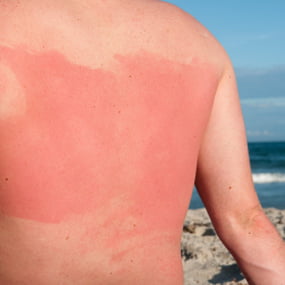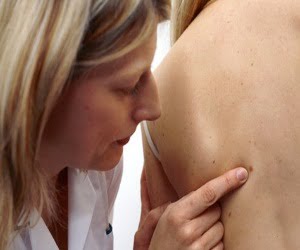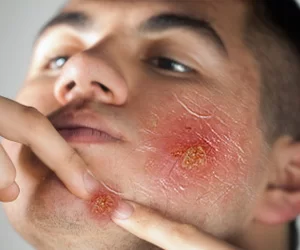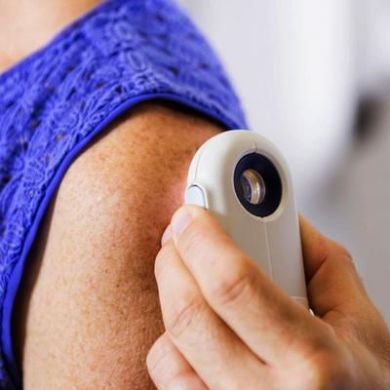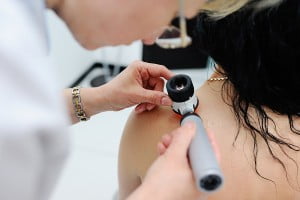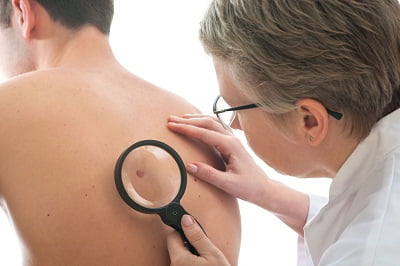Browsing: Skin Cancer
Comprehensive Information, Resources, and Support on Skin Cancer
Laser treatments have gained popularity for various dermatological and cosmetic procedures, including hair removal, skin rejuvenation, and the treatment of…
An Overview of Skin Cancer Skin cancer is the most common type of all cancers and affects people with all…
Risk Factors for Skin Cancer
Risk factors are defined as various conditions and activities that may lead to a disease condition or increase chances of getting that disease. Risk factors are different for different cancer types.
Skin cancer is a commonly occurring cancer of all types and affects people of all races and colors. When you…
Cancer treatments can cause several changes to your body. There are some side effects of each type of cancer treatment, which different people experience differently. As you prepare yourself for cancer treatment, you may benefit from these coping strategies.
What is Stage 0 Melanoma? In Stage 0 melanoma, the malignant tumor is still limited to the upper layers of…
All skin cancers including melanoma, basal cell carcinoma, and squamous cell carcinoma generally start as changes to your skin. These changes can appear as new growths or precancerous lesions, or other changes that are not cancer but may become cancer later. You can learn here how to identify early warning signs.
Treating Early-Stage Melanomas Early-stage melanomas are generally treated through surgery to remove the melanoma through surgical excision. A very small…
Often, people diagnosed with basal or squamous cell skin cancer are cured with treatment. There are a variety of treatment options for skin cancer. These options depend on several factors such as the size of the cancer …
Skin cancer refers to any cancer that begins in your skin. It may develop on any part of your skin and can also spread to other tissues and organs in the body. Skin cancer is the number one cancer diagnosis in the United States, in fact, more common than breast cancer, prostate cancer, and lung cancer combined.






